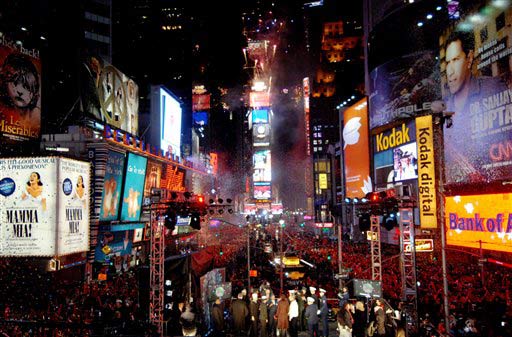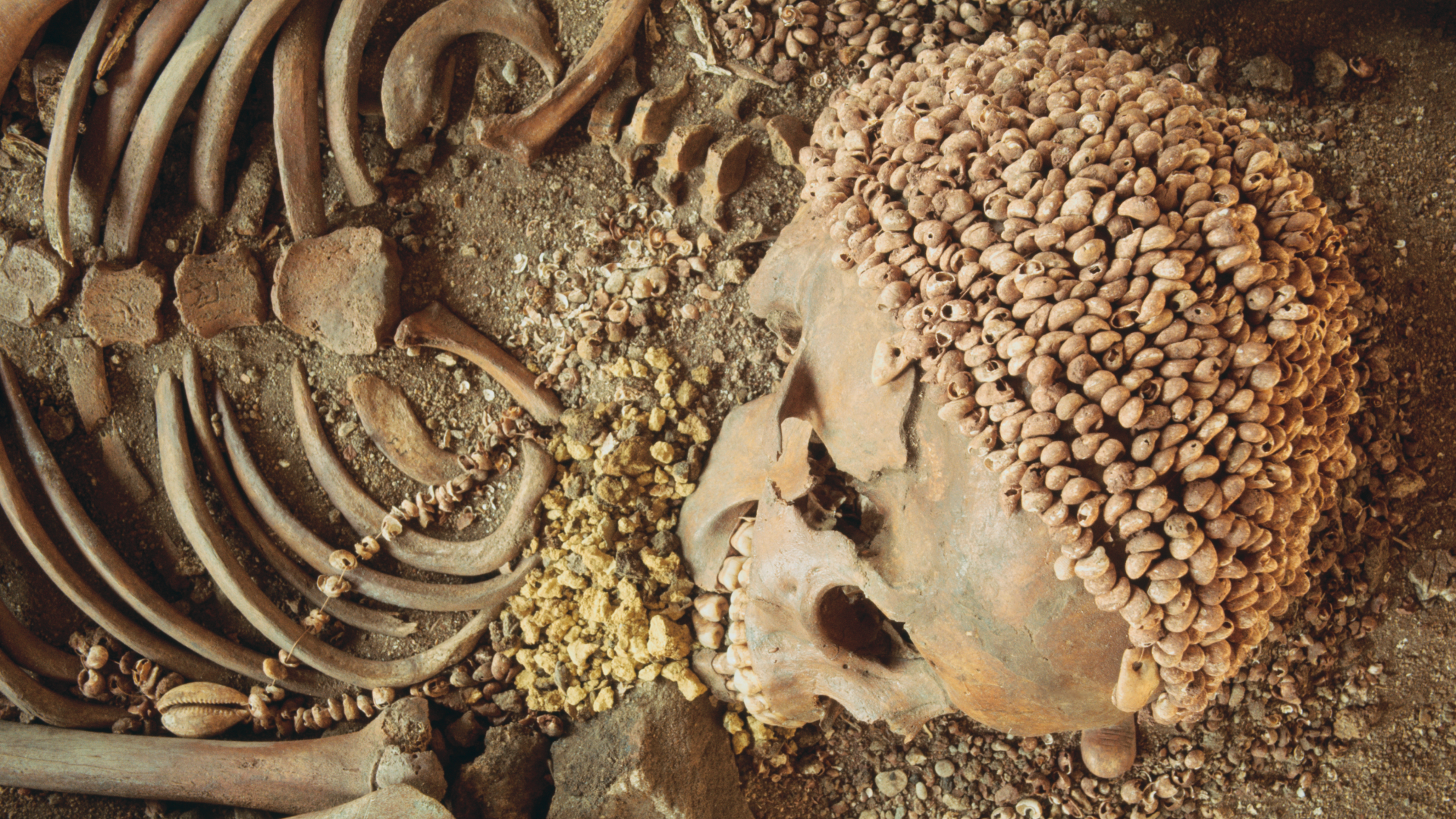Why We're Such Suckers for Advertising

We like to think of ourselves as intelligent creatures, superior to other animals that run on instinct. Instead of blindly going through the day, automatically reacting to whatever comes our way, humans supposedly watch and listen and then make thoughtful decisions and act accordingly. But if we are such brainy free thinkers, how come everyone is so painfully susceptible to marketing? Why do we turn into complete dullards when faced with bright packaging and flashy advertisements? And why, I asked myself on the way home from the supermarket, is it a perfectly smart, psychologically balanced person so distracted when a doughnut comes into her peripheral vision? The answer is that our animal order, the primates, evolved in the trees. We share with monkeys and apes a history of leaping about in the canopy, and to make it from one branch to another, good eyesight was crucial. As a result, we primates have overlapping fields of vision from each eye which give us excellent 3-D vision; without depth perception a tree-living animal is very quickly out of the gene pool. We also have also inherited color vision, a quality that is rare among animals. Living in trees means eating fruit, and although you can smell fruit to see if it’s ripe and edible, it’s much easier to make that distinction visually, from far away. No use expending all that energy swinging though the trees only to discover that the figs are not yet ripe, sour and hard as nails. Of course, we are also drawn into bad behavior by the other senses — even from blocks away the smell of baking bread can send us reeling, and the sound of '80s rocks and roll can transport us back in time — but humans, like all primates, are visual animals. We are constantly distracted by what we see, and marketers know this. They wave pretty pictures at us and make sure our retinas are branded with words like Dunkin’ Donuts and Krispy Kreme. And so next time you find yourself inexplicitly holding a doughnut while driving a brand new convertible, blame it on those ancestors who did so well in the trees. Meredith F. Small is an anthropologist at Cornell University. She is also the author of "Our Babies, Ourselves; How Biology and Culture Shape the Way We Parent" (link) and "The Culture of Our Discontent; Beyond the Medical Model of Mental Illness" (link).
- Video: Attention Training
- Vote for the Greatest Modern Mind
- Top 10 Mysteries of the Mind
Get the world’s most fascinating discoveries delivered straight to your inbox.
 Live Science Plus
Live Science Plus





